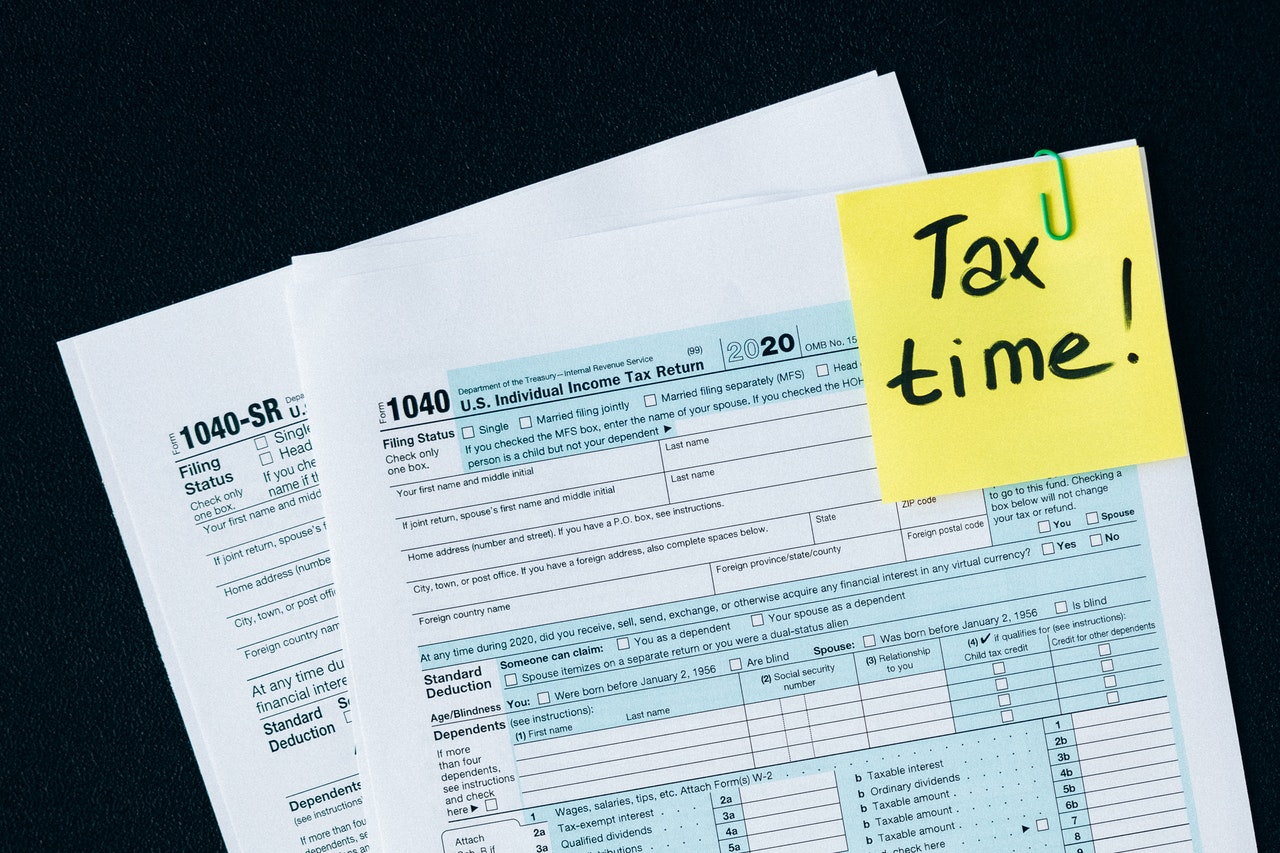Merrill v R – tax guidance from an experienced Canadian tax lawyer with respect to failure to file tax returns
In 2019, the Canada Revenue Agency (CRA) served Mr. Merrill with Notices of Requirement to file his personal income tax returns for the 2014 to 2017 taxation years by April 30, 2019. However, Mr. Merrill believed he was not required to accept or respond to the Notices of Requirements. Most of his complaints and the defences he advanced were “organized pseudo-legal commercial arguments” (“OPCAs”) as described and explained in Meads v. Meads, 2012 ABQB 571. British Columbia courts have repeatedly rejected these arguments. He didn’t comply with the request until January 2020. Therefore, the CRA took the position that he was guilty of the strict liability offence in s.238(1) of the Income Tax Act due to failure to file or make a return as and when required by or under the Income Tax Act. After the trial judge ruled in favor of the CRA, Mr. Merrill decided to self-represent instead of retaining an experienced Canadian tax litigation lawyer and appealed to the BC Superior Court which upheld the trial judge’s decision.
Failure to comply with the Notices of Requirement is a strict liability offence
The Notices of Requirement were issued pursuant to s.231.2(1) of the Income Tax Act and failure to comply is a strict liability offense according to s.238(1). A strict liability offence exists when a defendant is liable for committing an action regardless of what his/her intent or mental state was when committing the action. The only elements the CRA must prove beyond a reasonable doubt are 1) service of the notices and 2) the accused’s failure to comply with them. To defend the case, Mr. Merrill may seek to establish 1) due diligence, 2) that the time provided to comply with the notices were unreasonable, or 3) that the demand was not made for purposes related to the administration or enforcement of the Income Tax Act.
Issues on appeal
There were mainly three issues on appeal:
- Whether the trial judge erred by rejecting the defence advanced by Mr. Merrill that he was not required to accept or respond to the Notices of Requirement until he received a copy of the Oath of the CRA officer who served them.
- Whether the trial judge erred by not permitting Mr. Merrill to call the CRA collector’s supervisor as a defence witness.
- Whether the trial judgement erred by rejecting the defence that Mr. Merrill ultimately filed his tax returns for the relevant taxation years in January 2020.
The trial judge correctly rejected arguments advanced by Mr. Merrill
The court ruled that Mr. Merrill wrongly believed that he had no legal obligation to respond to the Notices of Requirement until the CRA collector provided him with a certified copy of his Oath of Allegiance to Her Majesty. Although there are scams in modern times that request payments in the name of CRA, the court found that the collector simply requested Mr. Merrill to file tax returns without requesting any money. In Addition, Mr. Merrill made an error of law when he insisted the Notices of Requirement were a contract offer. The court ruled that it was a demand from an authorized government as opposed to a contract and the potential consequences were correctly set out to Mr. Merrill. Moreover, there was provision from the Income Tax Act that allows a taxpayer to negotiate compliance and the fact that Mr. Merrill filed the requested tax returns without receiving a copy of Oath in 2020 indicates that he accepted the genuineness of the Notices of requirement without the Oath.
The trial judge did not err in refusing Mr. Merrill to call the collector’s supervisor as a defence witness
The court found the trial judge did not err in disallowing this request because the CRA’s lack of response to Mr. Merrill’s request to the specific witness is irrelevant to the issue of his culpability for failure to file his tax returns. Besides, the witness he requested could not provide any relevant evidence to the court.
The trial judge was correct in rejecting Mr. Merrill’s defence that he eventually filed his tax returns in 2020
The Notices of Requirement was served on January 30, 2019 and requested Mr. Merrill to his 2014-2017 tax returns by April 30, 2019. Therefore, the fact that he subsequently filed the tax returns in January 2020 is irrelevant to the determination of his culpability because he had already committed the offence of not filing them on time.
Pro tax tips – failure to comply with CRA’s requirement can lead to severe consequences
In this case, Mr. Merrill argued there was no proof of authenticity of the CRA’s requirement and he was not required to respond. However, there was no provision from the Income Tax Act that makes the CRA’s service contingent on production by their Oath. Although the fact that late-filing of the requested tax returns may be a mitigating factor on sentencing, Mr. Merrill should have consulted with an experienced Canadian tax lawyer if he genuinely suspected the authenticity of the CRA letters. He would have been advised that he was incorrect and that he needed to file the tax returns by the due date. To make matters worse, he chose to self-represent against the CRA. It is highly recommended for a taxpayer to seek professional advice from a top Canadian tax lawyer when he/she receives any demand letters from the CRA, not to ignore them. It is also almost always a bad idea to self represent in tax court instead of hiring a knowledgeable Canadian tax litigation lawyer.



